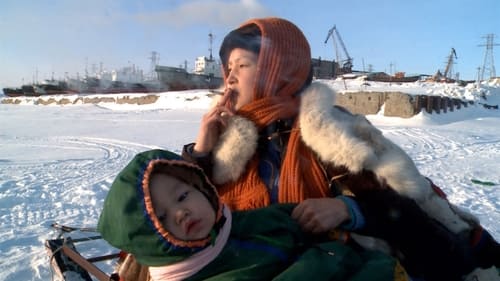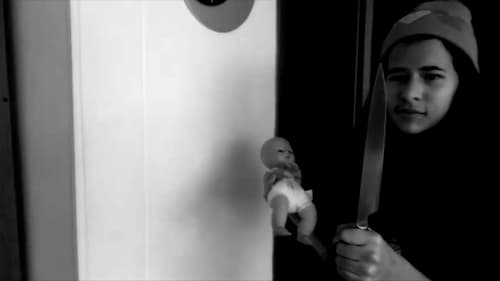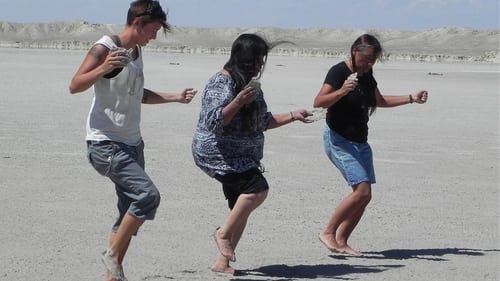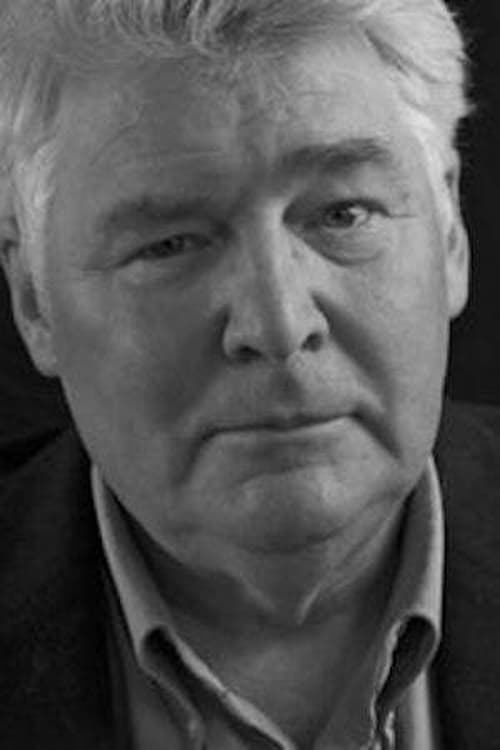
The Chocolate Farmer (2011)
All the knowledge that they teach us, we cannot eat it.
Género : Documental
Tiempo de ejecución : 1H 10M
Director : Rohan Fernando
Sinopsis
For ancient Mayans, cocoa was as good as gold. For subsistence farmer Eladio Pop, his cocoa crops are the only riches he has to support his wife and 15 children. As he wields his machete with ease, slicing a path to his cocoa trees, the small jungle plot he cultivates in southern Belize remains pristine and wild. His dreams for his children to inherit the land and the traditions of their Mayan ancestors present a familiar challenge. The kids feel their father's philosophies don't fit into a global economy, so they're charting their own course. Rohan Fernando's direction tenderly displays a generational shift, causalities of progress in modern times and a man valiantly protecting an endangered culture. Breathtaking vistas of lush rainforests contrast with the urban dystopia that pulled Pops children away from him. Will one child return to carry on a waning way of life

Documentation of the preparations and expeditions of the Frente de Atração Arara da Funai, in the state of Pará, Brazil. With the construction of the Transamazônica, the Arara territory (without contact with the white man) is cut in half, and the Indians react by attacking the workers. Aware that all contact is a creation of dependency, the sertanista Sydney Possuelo, who also reflexively narrates the documentary, leads the expeditions that aim to identify the groups, how many individuals there are, establishing territorial limits to protect the area against invaders and loggers in the region.

Marina is a girl who discovers the legends and traditions of her ancestors on a magical journey through the nature that surrounds her and takes her to Shark Island. Short film spoken in the Comcáac language.

In northern Guatemala lies a hidden city devoured by the wild, relentless jungle. Local people discovered strange hills arranged in massive circles. Archaeologists realized this was the religious and cultural center of the Mayan Civilization. Some of these ruins are being brought to life with the aid of satellites and a laser scanning technology called LiDAR. In the past year, LiDAR images unveiled an astonishing but hidden jungle metropolis. Homes? highways? defensive walls? pyramids. In all, more than 60,000 structures, their outlines invisible to the naked eye. Taken together, they point to a far more sprawling and sophisticated civilization than we ever imagined possibleand they raise a provocative question: How could such a great society fail?

In between growing frustrations toward cleaning up after an endless parade of tourists and reflections on a traumatizing memory, a voice rises from within a soft-spoken Hawaiian janitor down on the sidewalk in Waikiki. This narrative short film is inspired by a collection of poetry published posthumously featuring the work of Kānaka Maoli poet Wayne Kaumualii Westlake (1947-84).

A sensitive and intimate portrait of Ivanna, a nomadic reindeer herder in the Russian Arctic and mother of five small kids. Ivanna is forced to leave the traditional way of life and emigrate to the city, following her own dreams, due to the quickly deteriorating conditions of life in the tundra. We follow her life for several years.

Markku Lehmuskallio has devoted a large part of his documentary work to the indigenous people of the Arctic Circle. In this latest film, co-directed with his son Johannes Lehmuskallio, he composes a fascinating poetic ethnography inspired by the singing, dancing, forms of contemporary existence and, above all, the vital breath of these nomad communities mistreated by History.

A quarantined Girl is hungry. When she heads to the kitchen looking for a snack she faces an enemy as hungry as her.

At Western Australia’s first Indigenous-run police station, two officers learn language and culture to help them police one of the most remote beats in the world.

Germany, 1945. The War is over, and it has left a slew of devastated families in its wake. Among them are Maria and her mother, two refugees who find themselves working on a farm in the German countryside after they are forced out of their home by violence and political upheaval. It is there that little Maria makes an unlikely friend: an American soldier — an enemy soldier — who, through one act of unnecessary kindness, teaches Maria and her family a powerful lesson in compassion and humanity during the most inhumane of times.

Guyanese painter Aubrey Williams (1926-1990) returns to his homeland on a “journey to the source of his inspiration” in this vivid Arts Council documentary, filmed towards the end of his life. The title comes from the indigenous Arawak word ‘timehri’ - the mark of the hand of man - which Williams equates to art itself. Timehri was also then the name of the international airport at Georgetown, Guyana's capital, where Williams stops off to restore an earlier mural. The film offers a rare insight into life beyond Georgetown, what Williams calls “the real Guyana.” Before moving to England in 1952 he had been sent to work on a sugar plantation in the jungle; this is his first chance to revisit the region and the Warao Indians - formative influences on his work - in four decades. Challenging the ill-treatment of indigenous Guyanese, Williams explored the potential of art to change attitudes. By venturing beyond his British studio, this film puts his work into vibrant context.

"The Ninth Island" tells the story of Hawaii’s indigenous population and its struggles to stay connected to its ancestral home.

Concerned about the declining health of people all around them, Native American women are sparking physical and spiritual rejuvenation through reclaiming traditional foodways.

What does blood have to do with identity? Kendra Mylnechuk, an adult Native adoptee, born in 1980 at the cusp of the enactment of the Indian Child Welfare Act, is on a journey to reconnect with her birth family and discover her Lummi heritage.

This documentary film asks whether a citizens' experiment, the CSA (Community-supported Agriculture), developing new partnership models between consumers and farmers, has the power to change society.

Examines the 1879 court case of Standing Bear vs. Crook and the struggle for basic Native American rights.

A young Ojibwa girl from 1770 marries a Scottish fur trader and leaves home for the shores of Georgian Bay. Although the union is beneficial for her tribe, it results in hardship and isolation for Ikwe. Values and customs clash until, finally, the events of a dream Ikwe once had unfold with tragic clarity.

A short documentary about the Ojibwe Native Americans of Northern Minnesota and the wild rice (Manoomin) they consider a sacred gift from the Creator. The film tells the Creation and Migration stories that are central to the tribe's oral history and belief system while showing the traditional process of hand-harvesting and parching the wild rice. Biotech companies are currently researching ways to genetically modify the rice and the community is fighting to keep it wild.

En un futuro cercano, la firma de tecnología Red-Eye está a punto de desarrollar una lente de contacto revolucionaria que registra la vista humana para replicar recuerdos. Cuando el investigador principal de la compañía es asesinado, el detective Thomas Elliot y la investigadora Margo Elson se ven envueltos en una búsqueda más profunda para detener a un escurridizo cambiaformas digital. Pronto, ambos se ven amenazados por su pasado mientras buscan descubrir qué está tratando de consumir esta peligrosa inteligencia artificial.

Peter Proctor is New Zealand's father of biodynamic agriculture. Peter has been gardening and making compost for over 65 years. "Biodymanics makes organics work." Compost is the fundamental element in all gardening & farming. This master class takes you through the biodynamic compost making process from gathering and assembling your materials to creating the perfect compost heap. Rudolf Steiner believed biodynamic compoast was the foundation of humanity and the vital link between the cosmos and the earth. In Perfect Compost, Peter Proctor walks you through every step to building perfect compost.










